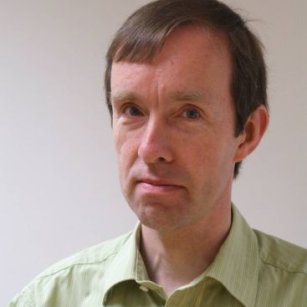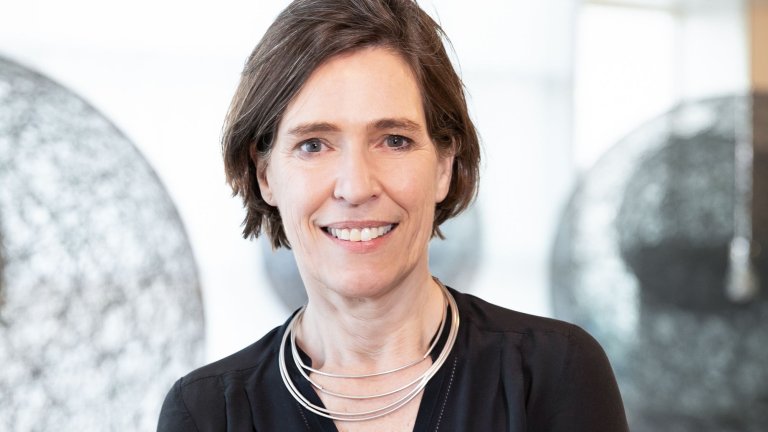Improved survival in women with metastatic ovarian cancer in the abdominal cavity
Physicist Hans Crezee will receive 577,870 euros to conduct research into more effective use of HIPEC treatment, which is expected to increase the percentage of women still alive after 4.5 years from 50 to 60 percent.
Half of the women with ovarian cancer that has metastasized to the abdominal cavity are still alive after 4.5 years. These women often receive treatment by flushing the abdominal cavity with heated chemotherapy solution (Hyperthermic Intraperitoneal Chemotherapy; HIPEC) in addition to chemotherapy and surgery.

The 42°C heated chemotherapy solution goes directly into the abdomen and makes tumor cells more sensitive to killing by the chemotherapy and produces high immune responses. The researchers hypothesize that the therapy may be even more effective if it is known what temperature and treatment duration will yield the strongest immune responses. To answer this question, they have been awarded the grant by KWF. They will investigate whether -and at which timepoint, the addition of immunotherapy boosts the effectiveness of HIPEC treatment.
Faster recovery and earlier start of chemo by robot-assisted removal of tumor in pancreas

Pancreatic cancer has a very poor prognosis. For patients with a tumor in the head of the pancreas, surgical removal is the only curative option. This surgery is very complex and has a high risk of complications. The current study focuses on a new “minimally invasive robot-assisted surgical technique”. The robot-assisted technique is expected to be just as safe and effective as standard surgery but it is expected that the patient will recover faster. Faster recovery allows for a faster start of additional chemotherapy that is also better tolerated. The patient is therefore expected to have a better quality of life compared to surgical removal.
Better quality of life and cost savings through a pause in treatment of multiple myeloma

Currently, patients with multiple myeloma are continuously treated with Dara-Rd until the therapy is no longer effective and the disease progresses. Because of the side effects of the treatment, patients often ask if they can temporarily stop the treatment. It is not known whether pausing the treatment results in shorter suppression of the disease. In this study, researchers are looking at whether patients can safely stop treatment one year after starting it. In addition, they are looking to see if it is possible for the patient to resume treatment as soon the first signs of the disease re-appear in the blood. This study contributes to improving the quality of life for patients with multiple myeloma while at the same time reduce the costs of treatment.
Read more on the KWF website [dutch]: 12 miljoen voor onderzoek naar beter leven met en na kanker (kwf.nl)
Onderzoeksdatabase | KWF Kankerbestrijding

